‘Lost cause’: The possible contenders set to replace Canadian PM Justin Trudeau
Justin Trudeau said the race will be “a robust, nationwide competitive process”, as the potential new leaders emerge.
After nine years in the top job, Canada’s Prime Minister Justin Trudeau has announced his resignation, with potential replacements set to enter a “competitive” contest for the Liberal leadership.
Mr Trudeau delivered the bombshell news at a press conference on Monday, local time, following slumping polls, a recently resigned Deputy Prime Minister and threats from incoming US President Donald Trump to increase tariffs.
“This country deserves a real choice in the next election, and it’s become clear to me that if I’m having to fight internal battles, I cannot be the best option in that election,” Mr Trudeau said outside his residence Rideau Cottage in the Canadian capital of Ottawa.
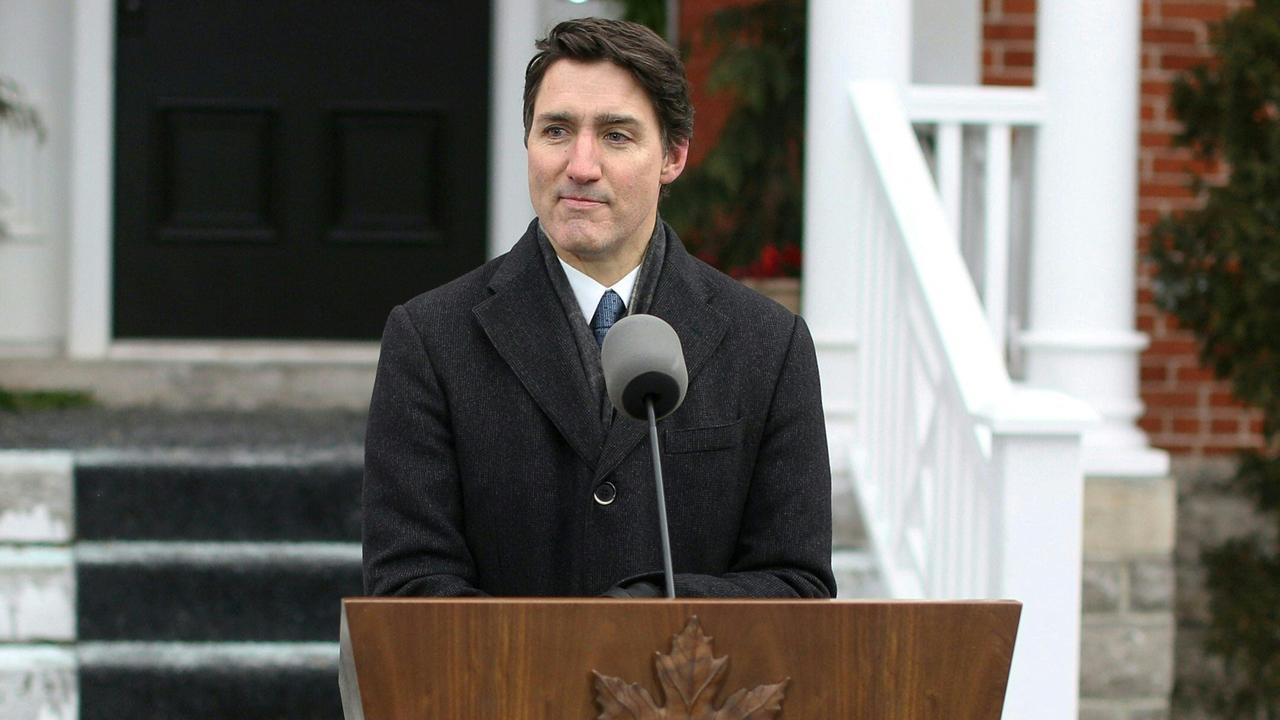
The 53-year-old said he was a “fighter” but added parliament had been “paralysed for months”.
“It’s time for a reset”, he added, and for the “temperature to come down” in Canadian politics
Looking back, Mr Trudeau said he had “one regret” as he prepares to leave office.
“If I have one regret, particularly as we approach this election – well, probably many regrets that I will think of,” he said. “But I do wish we’d been able to change the way we elect our governments in this country so that people could simply choose a second choice, or a third choice on the same ballot.”
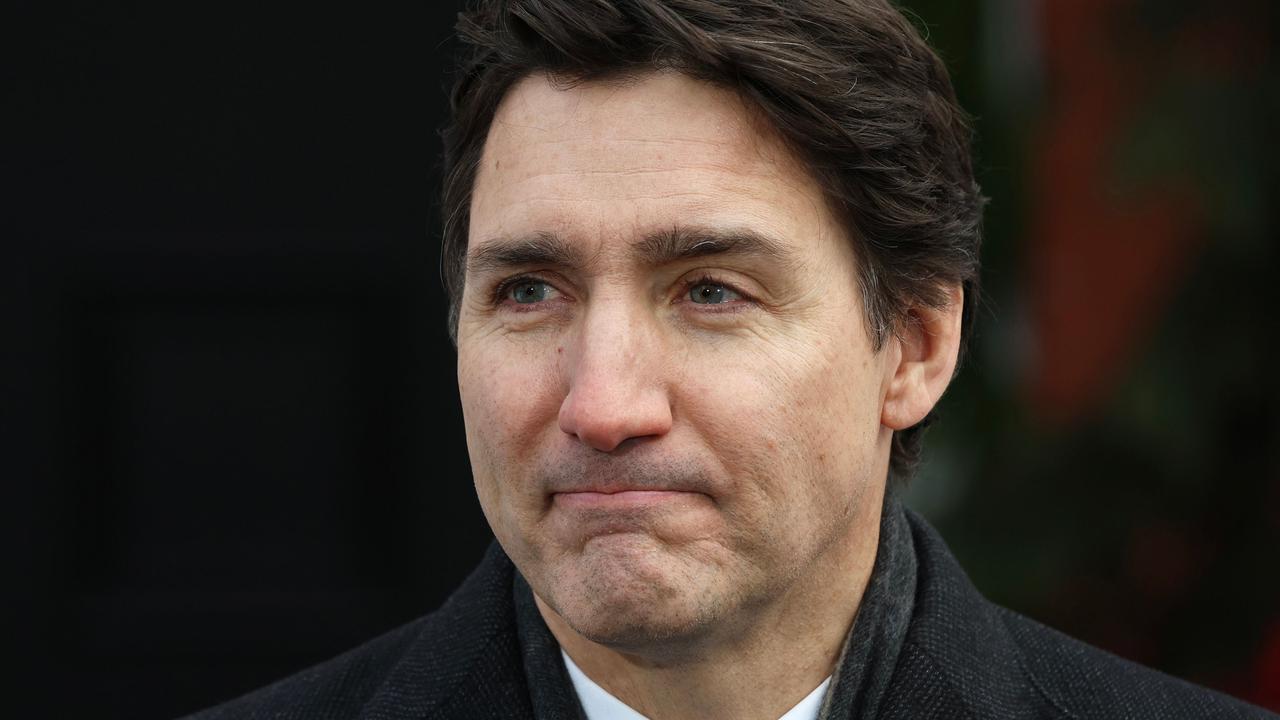
Mr Trudeau said he will stay in his post until a new leader of the Liberal Party is elected, with Liberal Party president Sachit Mehra confirming the contest will kick off this week.
“I intend to resign as party leader, as prime minister, after the party selects its next leader through a robust, nationwide, competitive process,” he said.
Mr Trudeau has been granted permission from Canada’s governor-general to suspend all parliamentary business until March 24, giving his party time to choose a new leader while restricting the opposition’s chances to bring a vote of no-confidence.
Here’s a look at possible contenders who could replace Mr Trudeau.
Chrystia Freeland
Former Deputy PM Chrystia Freeland has been tipped by Canadian media as a possible Liberal leader.
The 56-year-old journalist turned politician entered Canada’s House of Commons in 2013 before joining Mr Trudeau’s cabinet two years later as Minister of International Trade.
In 2019, she was named the Deputy Prime Minister and later the Minister of Finance in 2020, becoming the first woman in Canada to hold that role.
Once Mr Trudeau’s long-term allies, Ms Freeland resigned in December in a move which sealed the Prime Minister’s fate.
In her scathing resignation letter, Ms Freeland accused Mr Trudeau of focusing on political gimmicks to appease voters, including a costly Christmas tax holiday, instead of steadying Canada’s finances ahead of Trump’s promised tariffs.
She offered a muted response to his impending departure, thanking him for his “years of service to Canada and Canadians,” in a post on X.
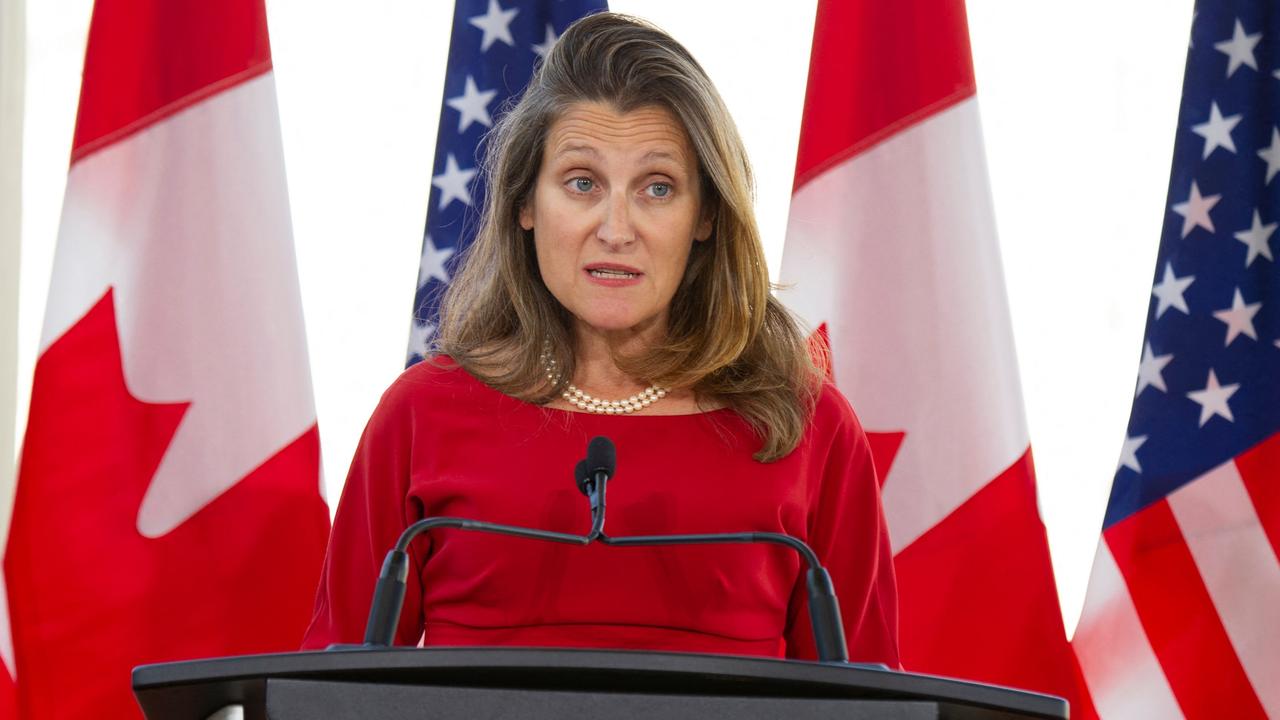
Former Bank of Canada governor Mark Carney
Mark Carney is considered another top contender in the press.
The 59-year-old Harvard graduate, who has never held public office, has served as governor of both the Bank of Canada and the Bank of England.
Mr Trudeau previously admitted he had been trying to recruit Mr Carney.
“He would be an outstanding addition at a time when Canadians need good people to step up in politics,” he told reporters in July.
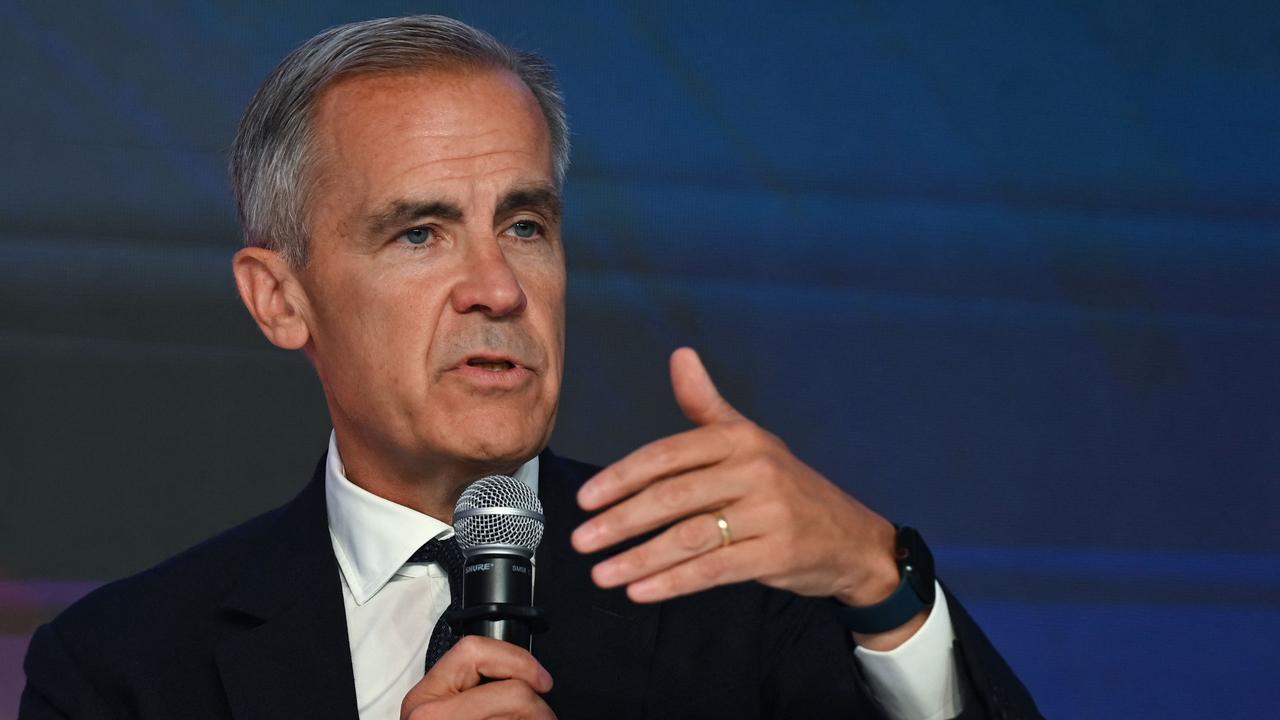
Foreign minister Mélanie Joly
Mélanie Joly was appointed Minister of Foreign Affairs in October 2021.
The 45-year-old Oxford graduate represents a Montreal-area and previously ran for mayor of Montreal.
Ms Joly thanked Mr Trudeau for his “leadership, determination and sacrifice” in a statement on social media following his resignation.
“Over the last ten years, the Prime Minister devoted himself to making this country a better place for all Canadians,’ she wrote.
“Sending well wishes to him and his family.”
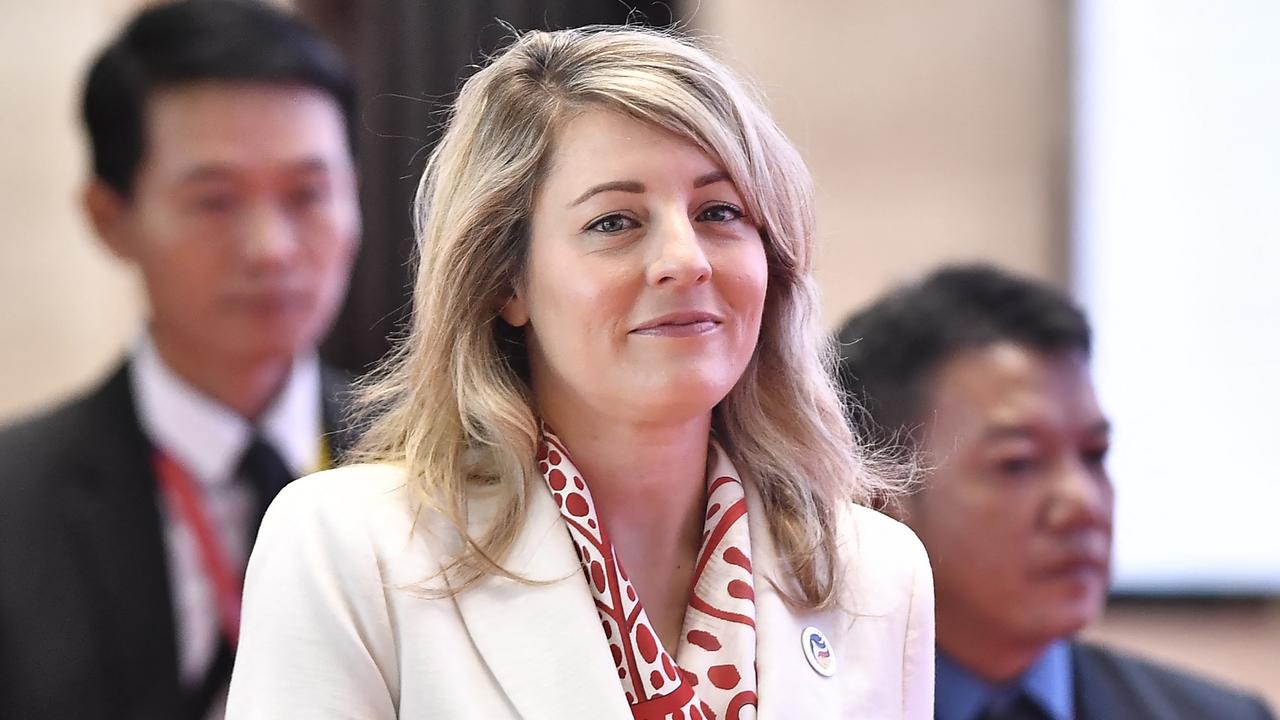
Minister of finance and intergovernmental affairs Dominic LeBlanc
Dominic LeBlanc was first elected to Canada’s House of Commons over two decades ago.
The former lawyer previously ran to lead the Liberal Party in 2008 but later dropped out of the race to endorse Michael Ignatieff. He did not run against Mr Trudeau in 2013, who claimed victory.
A close ally to the Prime Minister, Mr LeBlanc accompanied Mr Trudeau to Trump’s Mar-a-Lago resort in November.
Other possible contenders expected to join the leadership race include transport minister Anita Anand, minister of innovation, science and industry François-Philippe Champagne.
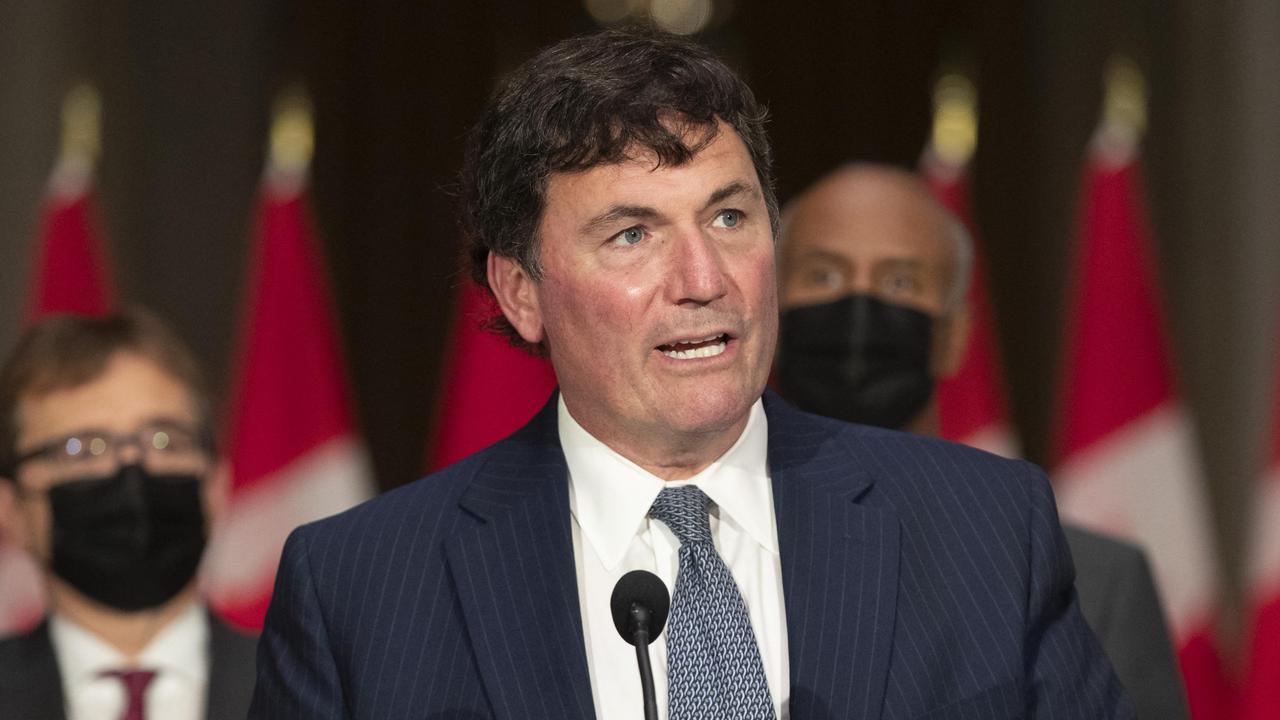
“Lost cause”
Polls suggest the Liberal Party is on course to be defeated at this year’s general election.
Only 26 per cent of respondents nominated Mr Trudeau as their top pick for prime minister in a September Ipsos survey.
Mr Trudeau’s minority government had been propped up by a deal with the left-wing New Democratic Party but in December the NDP said they would vote to topple Trudeau at the next opportunity.
Andre Lamoureux of the University of Quebec in Montreal (UQAM) said whoever steps into the top job is unlikely to manage to build fresh enthusiasm around the party.
“It’s a lost cause,” he said.
Conservative Party leader Pierre Poilievre indicated he was ready to take on whoever the Liberals put forward, dismissing all contenders for having “supported EVERYTHING Trudeau did for 9 years,” in a post on X.
Mr Trudeau’s crumbling support
Before taking over the Liberal Party in 2013, Trudeau was not a leading political figure.
His most prominent political attribute at the time was arguably the fact that his father, Pierre Elliott Trudeau, had been one of Canada’s most famous prime ministers.
But Mr Trudeau’s youthful energy and fluency on issues that increasingly mattered to Canadians, including climate change, helped him oust Conservative prime minister Stephen Harper in 2015 elections.
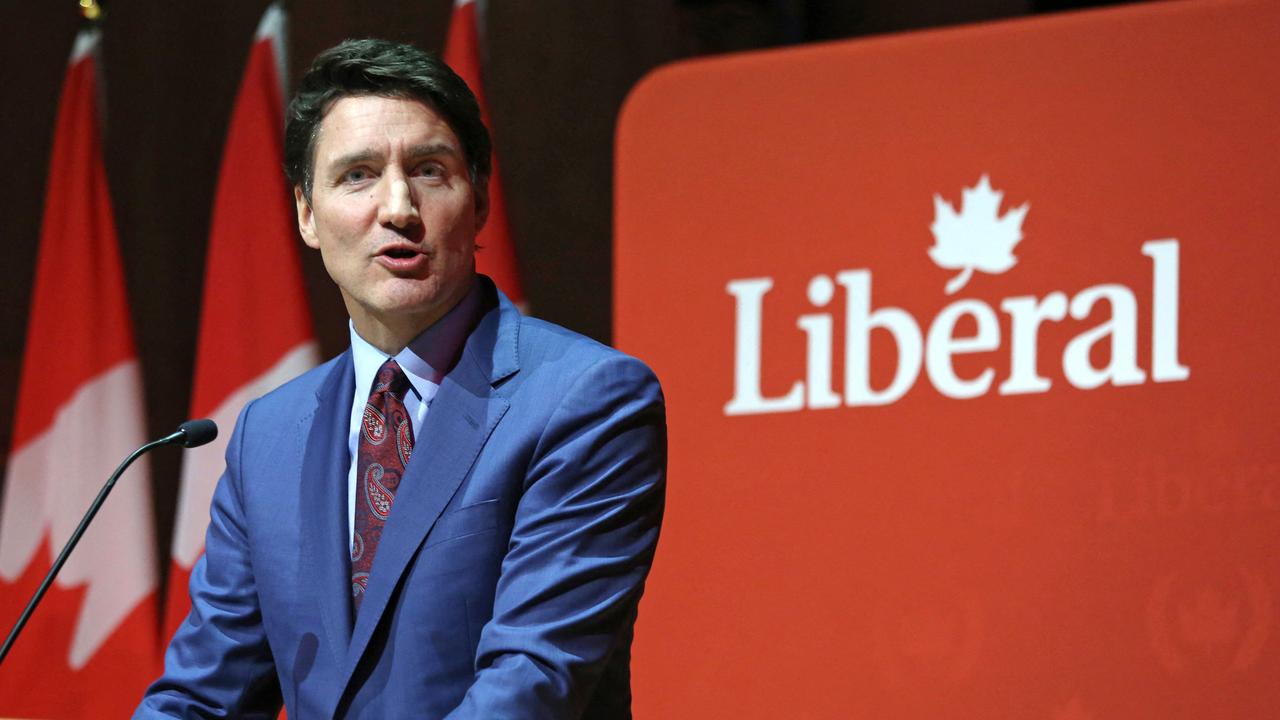
After more than nine years in power, Mr Trudeau’s support within the ruling Liberal Party began crumbling in 2024 due to intensifying public criticism focused on the rising cost of living.
His authority was then shaken by the surprise departure last month of Ms Freeland, who called out Mr Trudeau for failing to steady Canada’s finances ahead of Mr Trump’s promised tariffs.
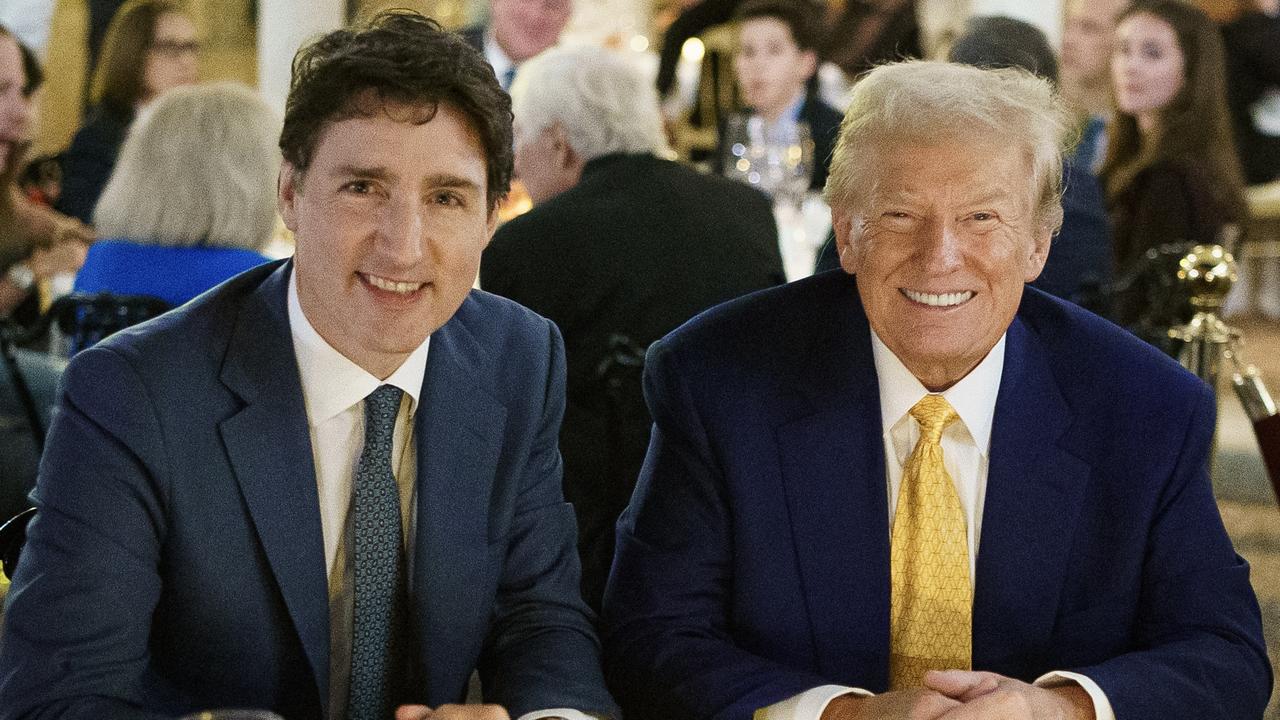
Mr Trump has vowed to impose 25-percent tariffs on all Canadian imports, which could prove devastating to the Canadian economy, and Mr Trudeau has pledged to retaliate.
The US president-elect reacted to Mr Trudeau’s quitting by suggesting Canada should merge with the US to form a “great nation”.
“Many people in Canada LOVE being the 51st State,” Mr Trump wrote on ruth social.
“If Canada merged with the U.S., there would be no Tariffs, taxes would go way down, and they would be TOTALLY SECURE from the threat of the Russian and Chinese Ships that are constantly surrounding them. Together, what a great Nation it would be!!!”
The Liberal’s leadership race could take multiple months, with Mr Trudeau to remain as leader when incoming US president Donald Trump takes office this month.
– With AFP






